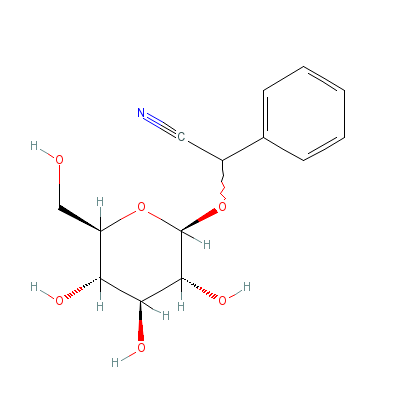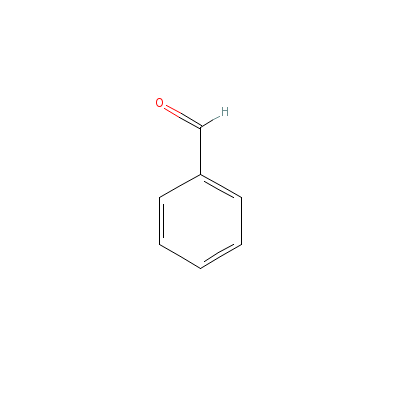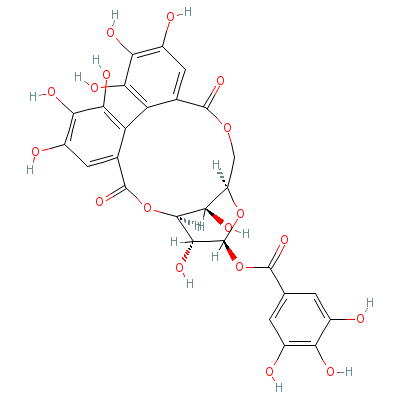| |
|
|
Botanical Name |
: |
Prunus serotina Ehrh. |
English
Name |
: |
Black cherry, Rum cherry, Cabinet cherry, Whiskey cherry, Wild black cherry, Wild cherry |
Synonym(s) |
: |
Prunus eximia Small., Padus serotina (Ehrh.) Borkh. |
Family |
: |
Rosaceae |
| |
General Info
| Description |
 |
|
A deciduous tree growing to 15-30 m tall. Bark is light to dark gray, developing squarish scaly fissures with age. Leaves are simple, 6-14 cm long, with a serrated margin. Flowers are small, white, and fragrant. Fruits are dark red, almost black cherries, about 0.33 in (0.8 cm) in diameter. |
| Herb Effects |
 |
|
Antitussive, astringent, pectoral, sedative, stomachic and tonic (bark of the root, trunk and branches); expectorant and mild sedative (root bark and the aromatic inner bark); astringent (fruit) |
Chemistry
| Active Ingredients |
 |
|
Prunasin, benzaldehyde and tannin (bark) |
| Chemistry
of Active Ingredients |
 |
|
|
 |
Name |
CAS# |
IUPAC Name |
Formula |
Structure |
 |
|
| Prunasin |
138-53-4 |
2-phenyl-2-[3,4,5-tr
ihydroxy-6-(hydroxym
ethyl)oxan-2-yl]oxy-
acetonitri
le |
C14H17NO6 |

|
| Benzaldehyde |
100-52-7 |
benzaldehyde |
C7H6O |

|
| Tannin |
1401-55-4 |
Not Available |
C27H22O18 |

|
|
Pharmacology
| Medicinal Use |
 |
|
The bark is indicated in the treatment of pleurisy, pneumonia, acute hepatitis, inflammatory and febrile diseases, hectic fever, cough, colliquative diarrhoea, some forms of irritative dyspepsia, whooping-cough, irritability of the nervous system, cardiac palpitation, anemia, chlorosis, or nervous diseases. The tea made from bark is used in the treatment of fevers, colds, sore throats, diarrhea etc. A decoction of the inner bark has been used in the treatment of laryngitis. The root bark has been used as a wash on old sores and ulcers. Externally, it has been found useful, in decoction, as a wash to ill-conditioned ulcers and acute ophthalmia. The fruit has been used in the treatment of dysentery. |
Dealers
Products
|
|